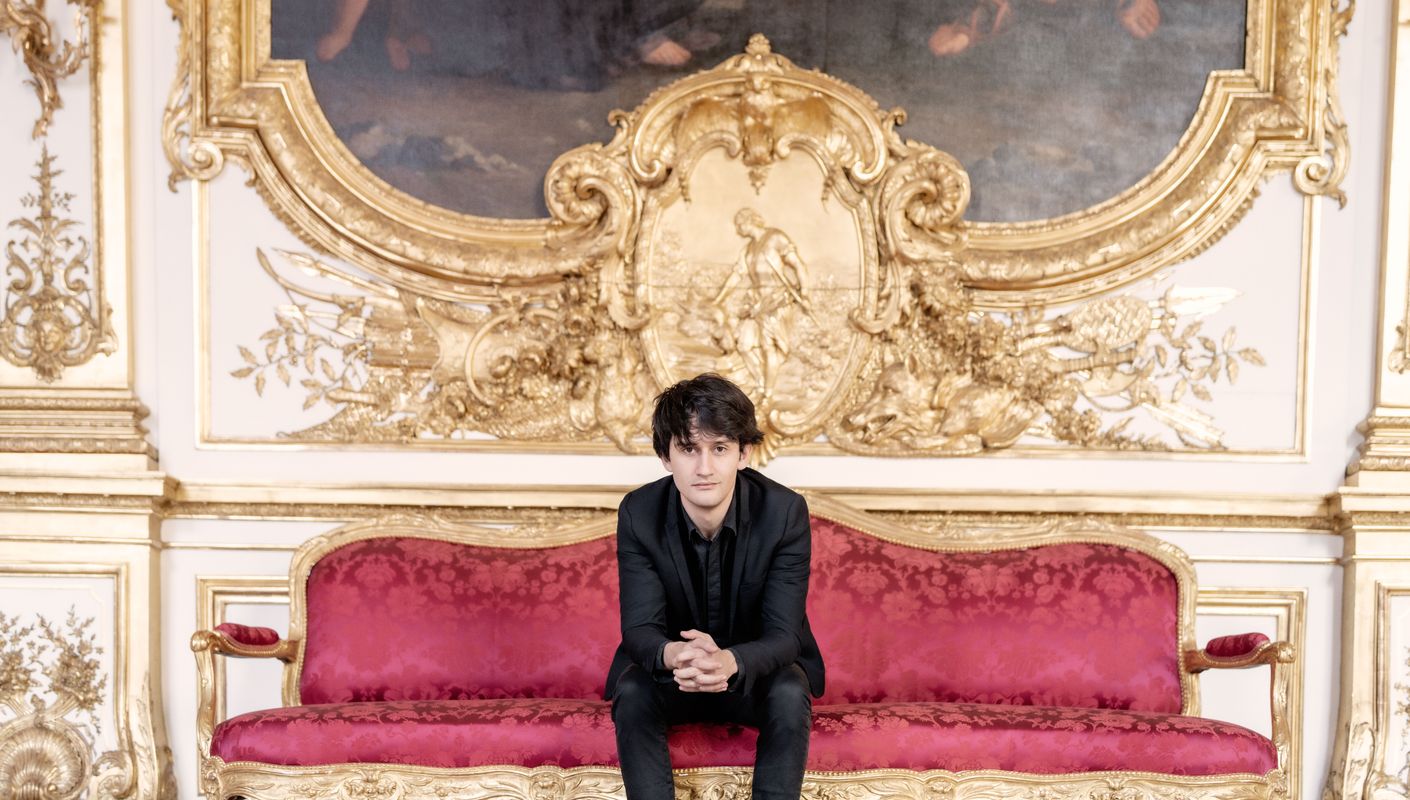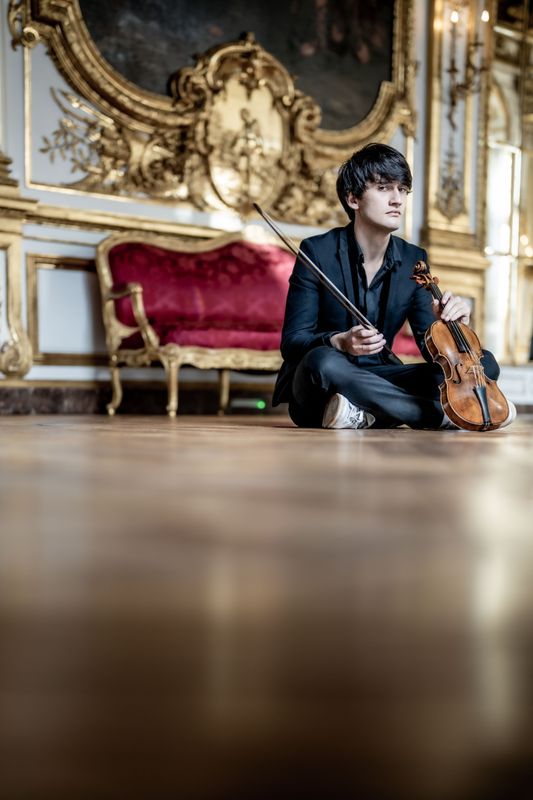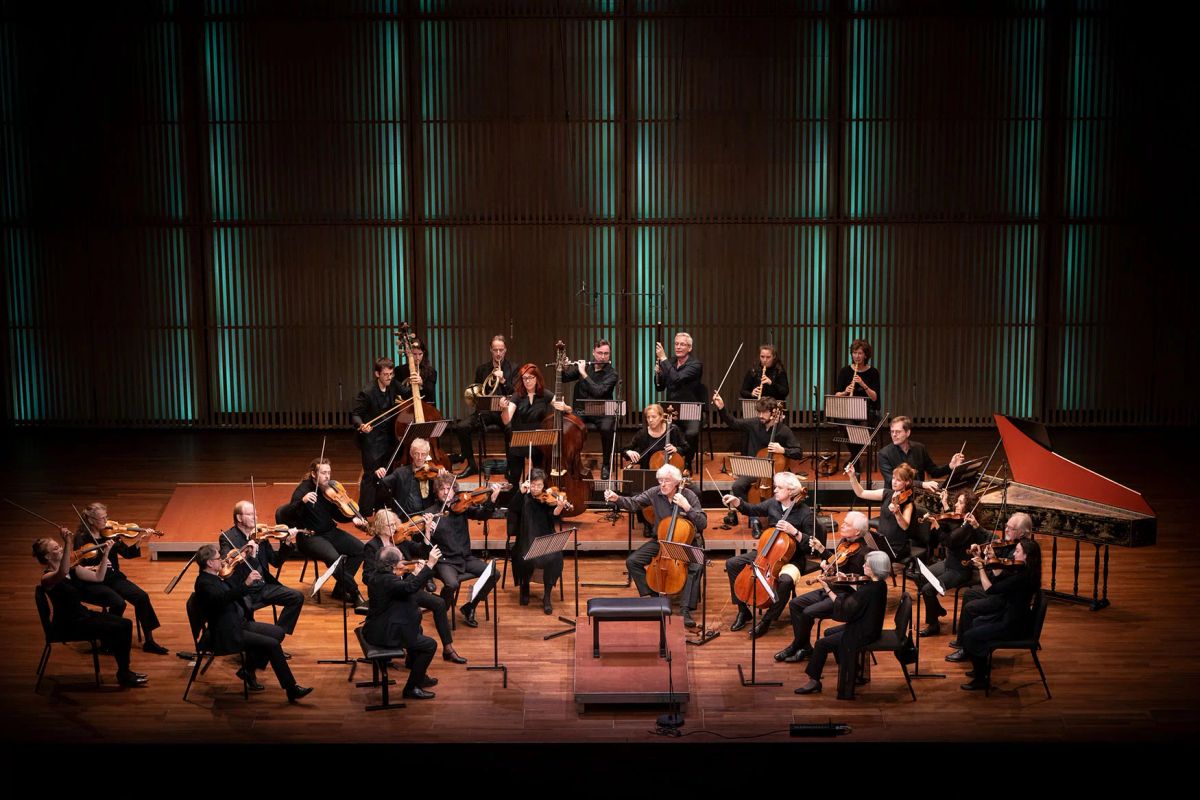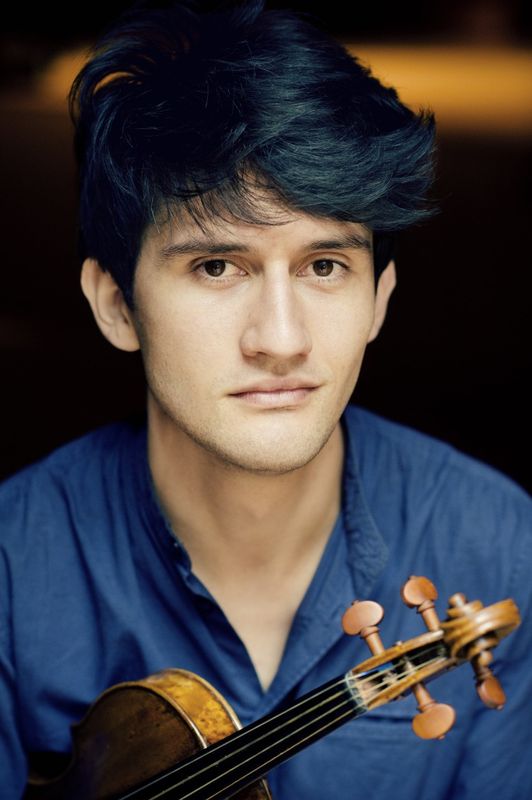Mozart vs. Chevalier de Saint-George
-
Wed 12 Feb 202520:15 - 22:20Interval 21:05Grote Zaal
Program
Joseph Bologne (Chevalier de Saint-George) Enfin une foule importune uit L’Amant anonyme
Wolfgang Amadeus Mozart Violin Concerto No. 3 ‘Strasbourg’ KV 216
Joseph Bologne (Chevalier de Saint-George) Selection from the first ballet suite of L’Amant anonyme
Joseph Bologne (Chevalier de Saint-George) Adagio from Violin Concerto in A Op. 7
Joseph Bologne (Chevalier de Saint-George) Selection from the second ballet suite of L’Amant anonyme
Johann Christian Bach Ouverture Amadis des Gaules
Joseph Bologne (Chevalier de Saint-George) Symphony in D Op. 11 No. 2
Wolfgang Amadeus Mozart Symphony No. 31 'Paris' KV 297(300a)
Credits
Orchestra of the Eighteenth Century
Théotime Langlois de Swarte violin








